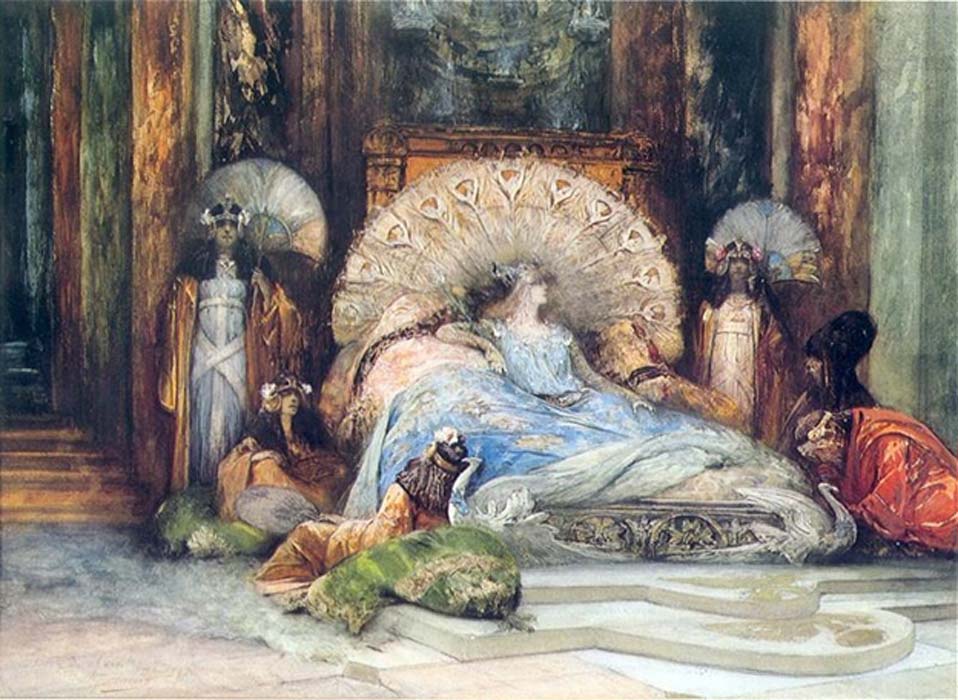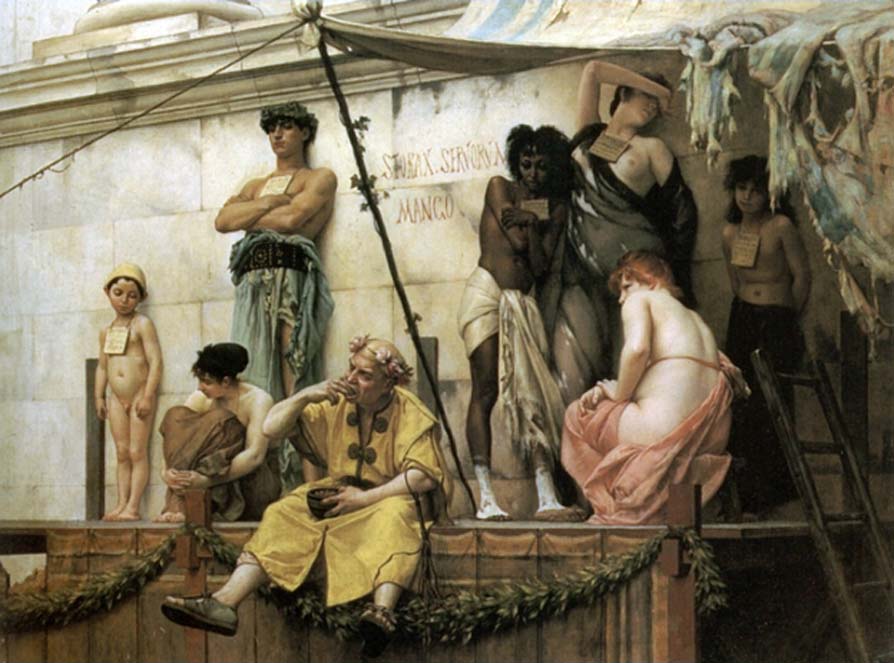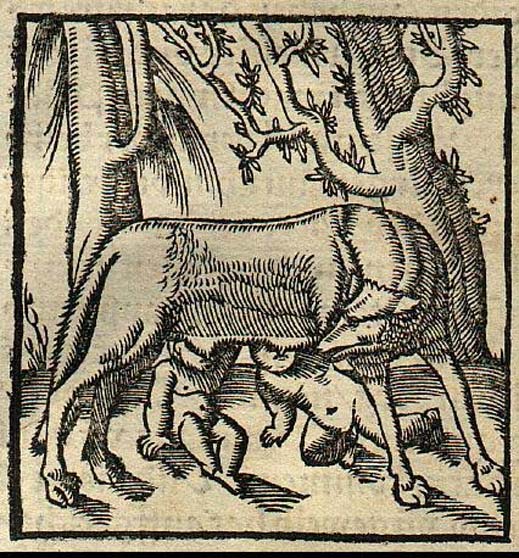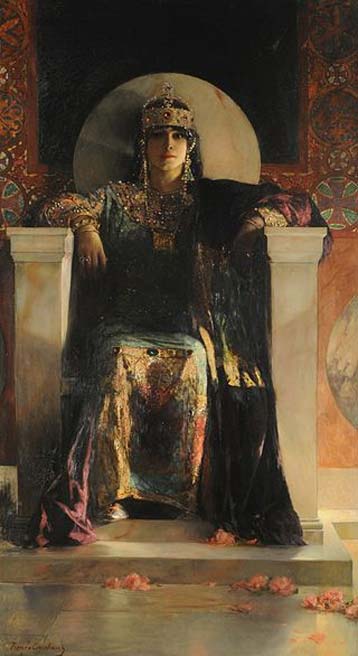
Sex and the Roman Empire: Scandalous Literature about Empresses Euphemia and Theodora
Both Empress Euphemia and the succeeding empress Theodora transformed from sinners to Saints and although 5th to 6th century Roman society may have been more lenient, due to the empresses’ charity and piety, contemporary historians were not that tolerant nor forgiving in their opinions of the wives of the emperors. The two women seem to have achieved upward mobility in a similar fashion - first as slaves, then concubines, and then as wives, maternal-figures, and rulers. However, their lives and rise to power were represented rather ambiguously by their contemporary writers. To investigate the reasons for and the nature of these similarities, it is worth looking at the sometime hostile authors’ depictions of the women’s actions, as authors from late antiquity attempted to articulate their views on appropriate behaviors for imperial women to emulate, according to their personal beliefs and the standard of behavior demanded in their times.

The Slave Market by Gustave Boulanger's 1886. (Public Domain)
Tales of the Two Concubines: Euphemia and Theodora before their Marriages
Empress Euphemia’s rise to power looks like a classic rags-to- riches story. She rose from a freed slave to the most powerful woman in Rome in her time through her marriage to Justin I (450 - 527 AD). Justin’s successor as emperor or Rome was Justinian I, his nephew and adoptive son, who later married yet another woman of low birth, Theodora. This story is enriched by Theodora's achievements as an empress - she campaigned for women's marriage and dowry rights, anti-rape legislation, and was supportive of the many young girls who were sold into sexual slavery for the price of a pair of sandals.
Historia Arcana (Secret History’) by Procopius of Caesarea (circa 500 - 554 AD) introduced the Empress Euphemia as Lupicina - a slave and a barbarian concubine of her owner. The name Lupicina is interesting in itself, as it is connected to the Latin word lupae (‘she-wolves’). This same word was also the epithet for the lowest class of Roman prostitutes. However, this name may also have originated in a cult of the Etruscan religion that predated the Roman, in which the deity was represented as a she-wolf - this would have implied a different background for Euphemia. The legendary she-wolf, Lupa, who nursed Romulus and Remus is related to the cult of this wolf-goddess and the matrilinial Etruscan civilization that preceded the Romans.

Romulus and Remus being suckled by a She-Wolf by Sebastian Münster (1488–1552) (Public Domain)
Nevertheless, the name Lupicina was not considered suitable for the Empress of Rome and, as soon as Justin was named emperor in 518 AD, it was likely that there was a demand for Lupicina to change her name. She then took the name Euphemia. The name Euphemia was taken from Euphemia of Chalcedon, a local saint associated with the Council of Chalcedon (451 AD). Euphemia, now the empress, maintained a steady correspondence with the bishops of Rome. However, little can be learned from these letters apart from an indication of the empress' piety. This same piety was also attested by her construction of a convent and church of St. Euphemia where she was later buried.
- Belisarius: Powerful General of the Byzantine Empire
- The Truth About Sex in Ancient Greece
- Exposing the Secret Sex Lives of Famous Greeks and Romans in the Ancient World
Theodora from Actress to Empress
The fact that Procopius largely dismissed Euphemia as empress in his work except to mention that she did not interfere at all in affairs of state, in contrast to what he wrote about Theodora, possibly indicate that Euphemia’s birth was not as lowly as he made it out to be - she was perhaps a priestess, or a descendant of a priestess, of the she-wolf cult. Another reason could be that Procopius approved of Euphemia largely confining her work to the religious activities of the empire instead of putting herself in a position equal to her husband. Nevertheless, Procopius highlighted her again to say that, although she favored her husband's eventual successor Justinian, she adamantly opposed his marriage to Theodora - a former actress, despite her own supposedly low birth. This was apparently due to the fact that there was a surviving law from the time of the Emperor Constantine (272 - 337 AD) which prevented anyone of senatorial rank from marrying actresses or prostitutes (which, if Procopius’ account was true, would have disqualified Euphemia herself from marrying Justin years earlier). After Euphemia’s death, Justin repealed the law and Justinian married Theodora. When Justinian succeeded to the throne two years later, unlike Euphemia, Theodora did not fade into the background. She became his co-ruler and Empress of the Eastern Roman Empire, sharing in his plans and political strategies, as well as being equipped with her own court, entourage and imperial seal.





